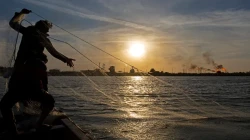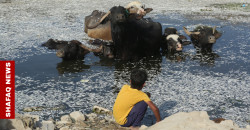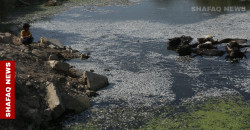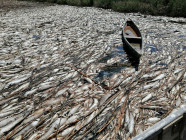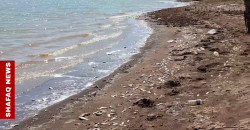Why did fish leave Iraqis' meals?
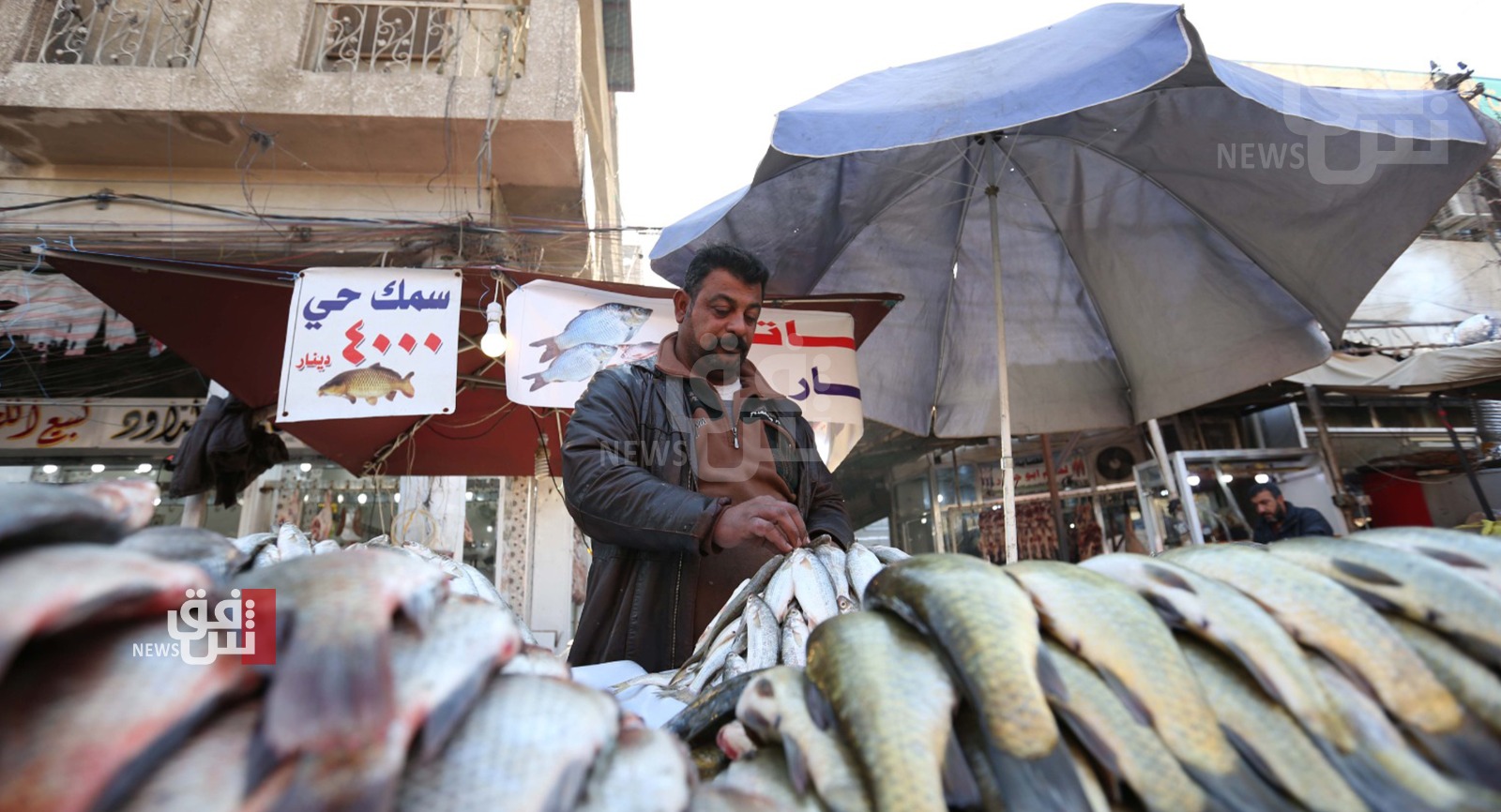
Shafaq News / Internal and external reasons have led to a significant decline in Iraq's fisheries and its high prices locally, according to Iraqi officials.
This decline has caused fish prices to rise in local markets. It also coincided with rising prices of vegetables, fruits, flour, and food to pose successive crises for low-income citizens.
"Fish production in Iraq has reached one million tons over the past two years, a large figure, and Iraq is the second country after Egypt to produce fish," Iyad al-Talebi, president of the Iraqi Association of Fish Producers, told Shafaq News agency.
"The Ministry of Water Resources has prevented fish breeders from establishing ponds on the wells. The ministry has also prevented fish farming on the third river, thus clearly affecting the national product and fish breeders, as well as prompting importing fish from outside Iraq," al-Talebi said.
He continued, "The high prices of feed by the state and the Ministry of Agriculture have had a significant impact on fish breeders."
"A disease affecting fish, which has been declared by the World Health Organization (WHO), is a virus that infects fish, and the Ministry of Agriculture has not taken the necessary measures to provide medicines and vaccines, causing thousands of tons of fish to die each year," he said.
On whether this virus affects the citizen if he eats the infected fish, al-Talebi stressed, "It does not affect who eats it at all."
"The law of the Revolutionary Command Council, which is operated by most ministries, especially the Ministry of Agriculture, has harmed the agricultural sector," al-Talebi pointed, calling on the government to "solve the fish crisis because fish production has fallen to 40% this year."
The president of the Iraqi Association of Fish Producers called on the government to "solve the water crisis and vaccinate fish to support the economy because many fish breeders have lost a lot and there have also been promises of compensation, and yet, we have received none."
As for Hamza Mukheef, a resident of Karbala, he said, "We are observing day after day a rise in the prices of vegetables, fruits, food, fish, and even poultry."
"Fish are considered white meat, so citizens buy them because of their proper price, but they are also starting to rise, and we low-income people are always the victims," he added.
"Fisheries are one of the most important elements of Iraq's local economy because they have been greatly affected recently," economic researcher Ahmed Eid told Shafaq News agency, criticizing, "the lack of support and protection of fishing through the Arabian Gulf Gate."
He also pointed to Turkey and Iran's cut-off of water from Iraq, accusing the absence of a national strategy in building dams to keep rainwater from being wasted and lost.
Ahmed Eid confirmed, "The development of the economic sector and fisheries can be done by providing water treatment and developing productive and strict laws."
He also called for reducing the imported fish that invaded local markets by developing new agreements with neighboring countries to increase water releases to Iraqi rivers.
